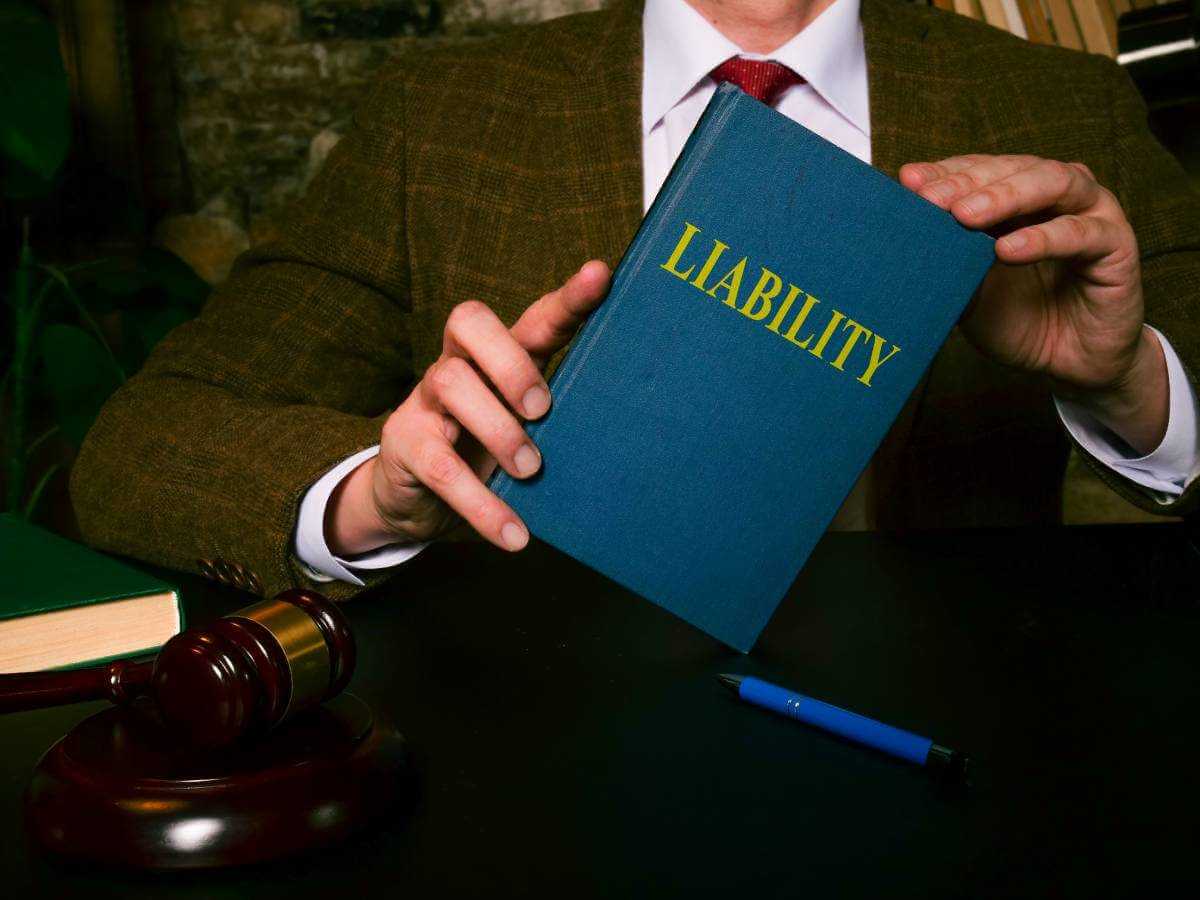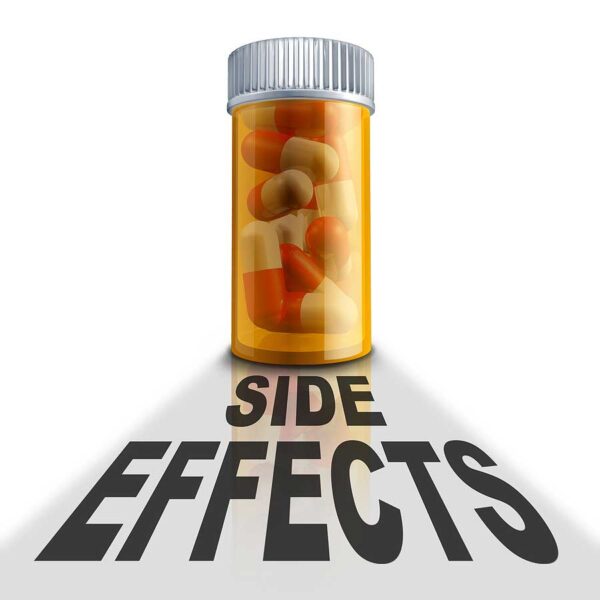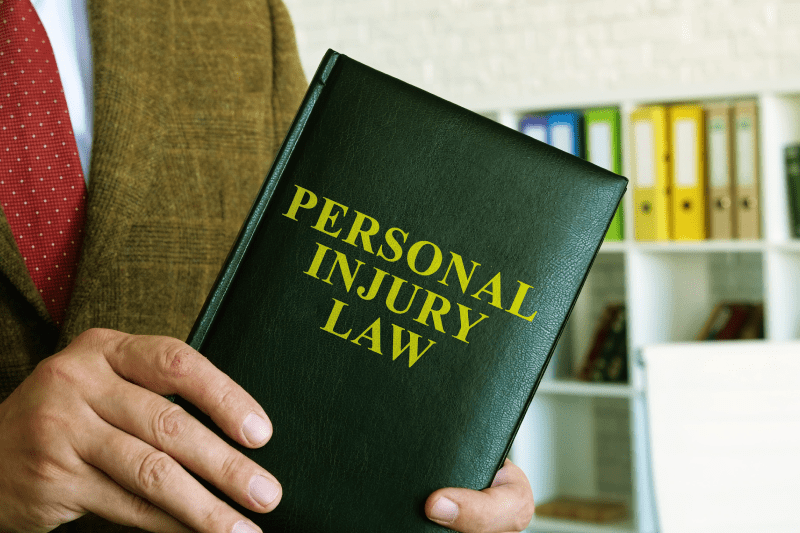In personal injury cases, liability is not always as obvious as it may appear. In situations where a person is injured, it can be a challenge to place the blame where it belongs. Much of the groundwork done by personal injury lawyers involves finding out who is liable and to what extent – and then gathering sufficient proof to ensure that the responsible persons pay for their faults. How do we do this?
Determining Liability
Being held liable in a personal injury case means that a court of law has placed the responsibility for a particular injury on the shoulders of one or more individuals. These liable persons are then expected to pay damages to the injured party. When a personal injury case goes to court, if the defendent loses their case against the plaintiff, they are considered to be liable for the plaintiff’s damages, injuries, pain and suffering. Litigation is thus one way in which liability can be determined. A challenge arises when there is no direct proof of liability. When a drunk or texting driver causes an accident that results in another motorist being injured or even killed, it is relatively easy to place the blame on the offending driver. However, there are cases when a person might be indirectly liable. There are situations when a person might expose themselves to liability without being directly involved in the accident. For example, if a trucking company fails to maintain their vehicles, an accident might result, and the driver, who was directly involved in the accident may not be liable. Instead, the responsibility may fall on the trucking company itself. It can take a fair amount of investigation to place liability where it belongs in such cases.
Proving negligence
The key to determining liability is to prove that a party acted negligently, and that this led to the injuries in question. There are four elements to a negligence claim:
- Duty of care: It must be clear that the negligent party had a duty of care to the victim. For example, the trucking company mentioned above has a duty of care to its drivers, as well as all other road users.
- Breach of duty: The victim must prove that the at-fault party failed in their duty of care.
- Causation: The breach of duty must be proven to have been the primary cause of the injuries in question.
- Damages: The victim must incur quanitifiable damages from the incident in question, which the at-fault party would then be obligated to cover. These include medical bills, damage to property, loss of earnings, etc.
How a Personal Injury Lawyer in Florida Can Help
As you can see, determining liability can take time and quite a lot of legwork. These investigations must be carried out by experienced personal injury lawyers who know what they are looking for and where to look for it. For this reason, you should always consult a personal injury lawyer when you believe you have a case against a third party after an accident.
Shamis & Gentile provides outstanding legal services in Florida and New York. We distinguish ourselves because of our experience and resources. When you bring your case to Shamis & Gentile, you will always work with a personal injury lawyer who has an excellent track record. We are progressive and trusted within the legal community, and we are often called upon to settle cases that other law firms may not be able to handle on their own. If you need more advice on personal injury law or on a specific case, contact us today to book an appointment with a personal injury lawyer.




